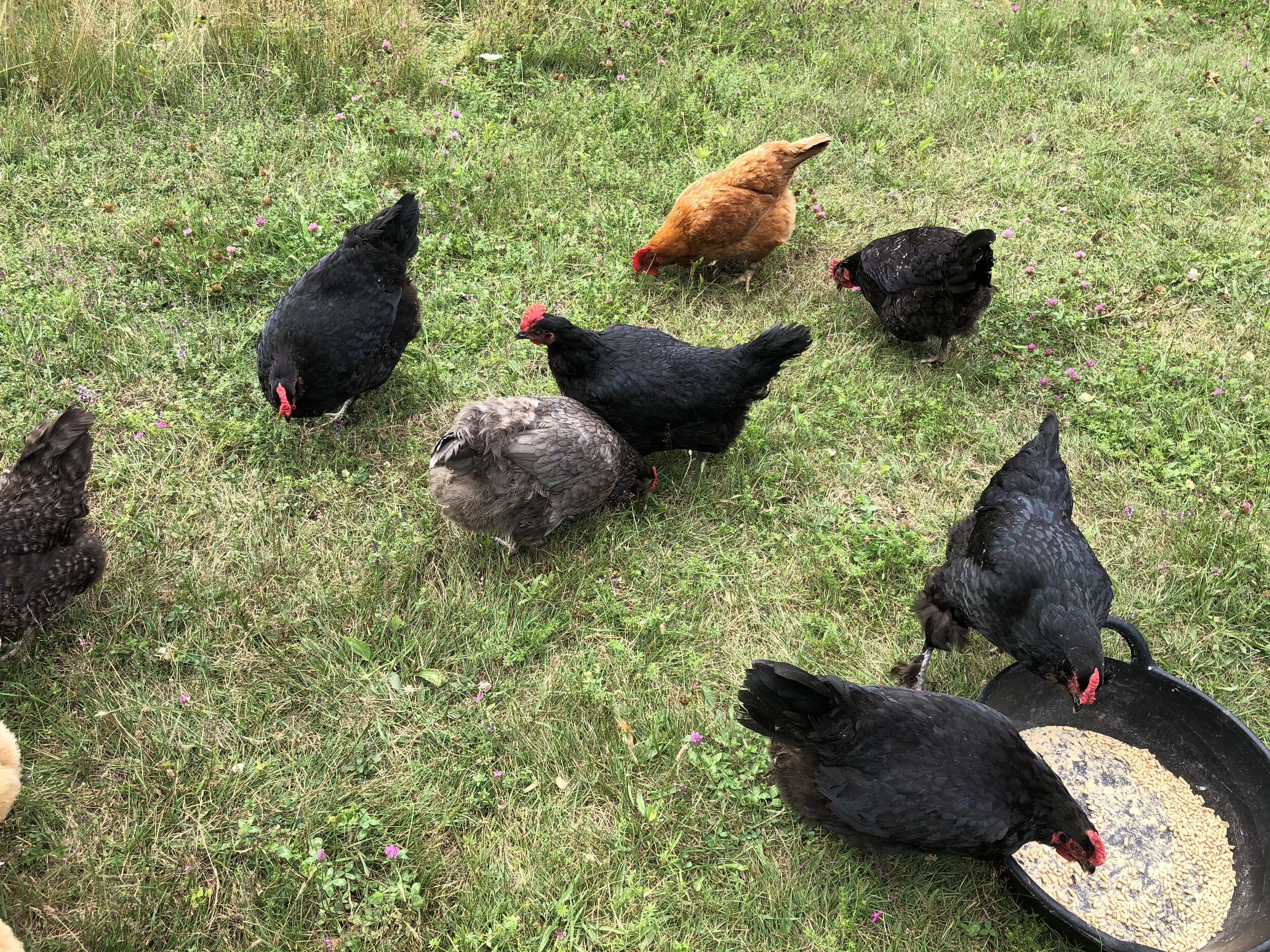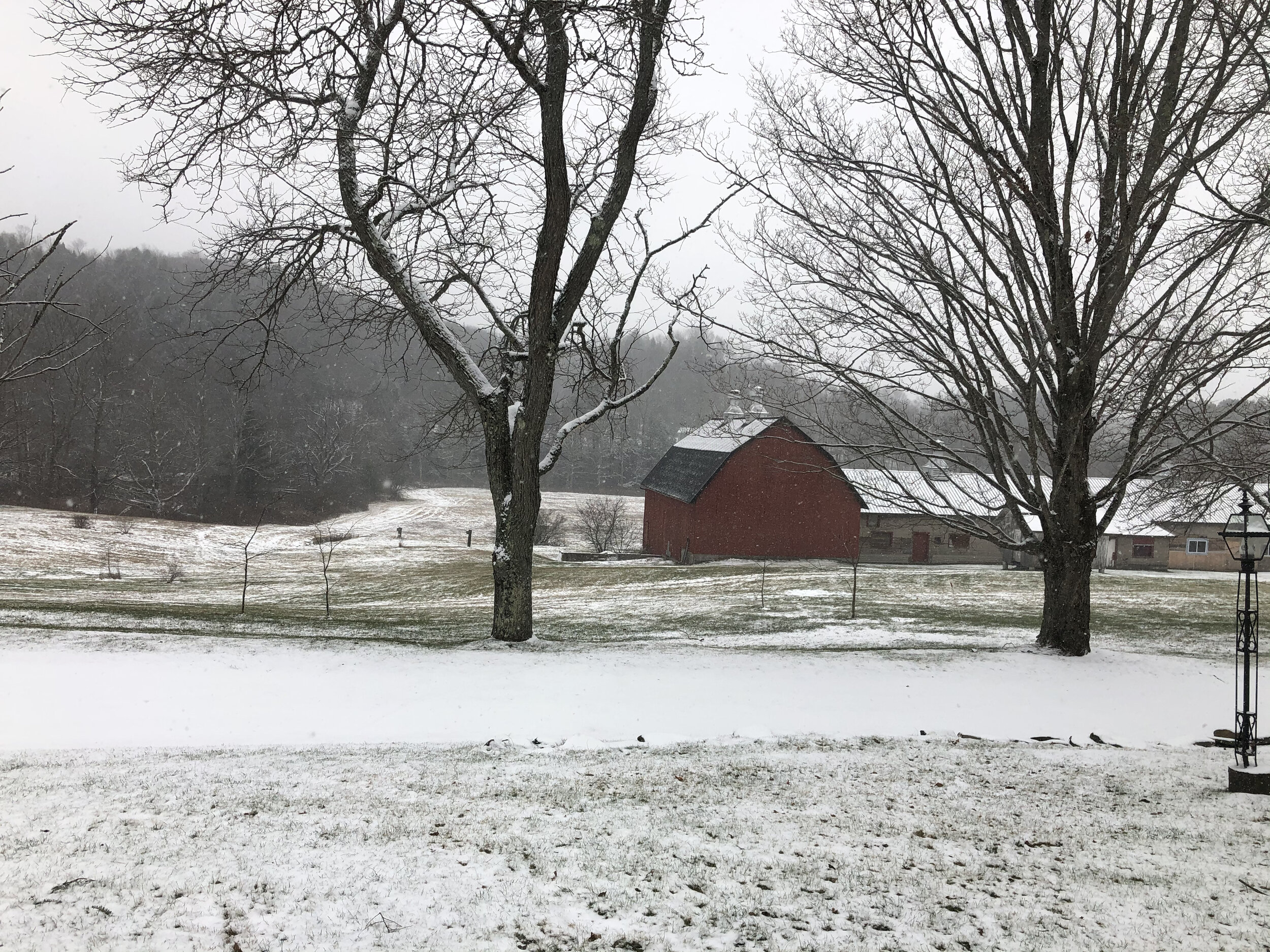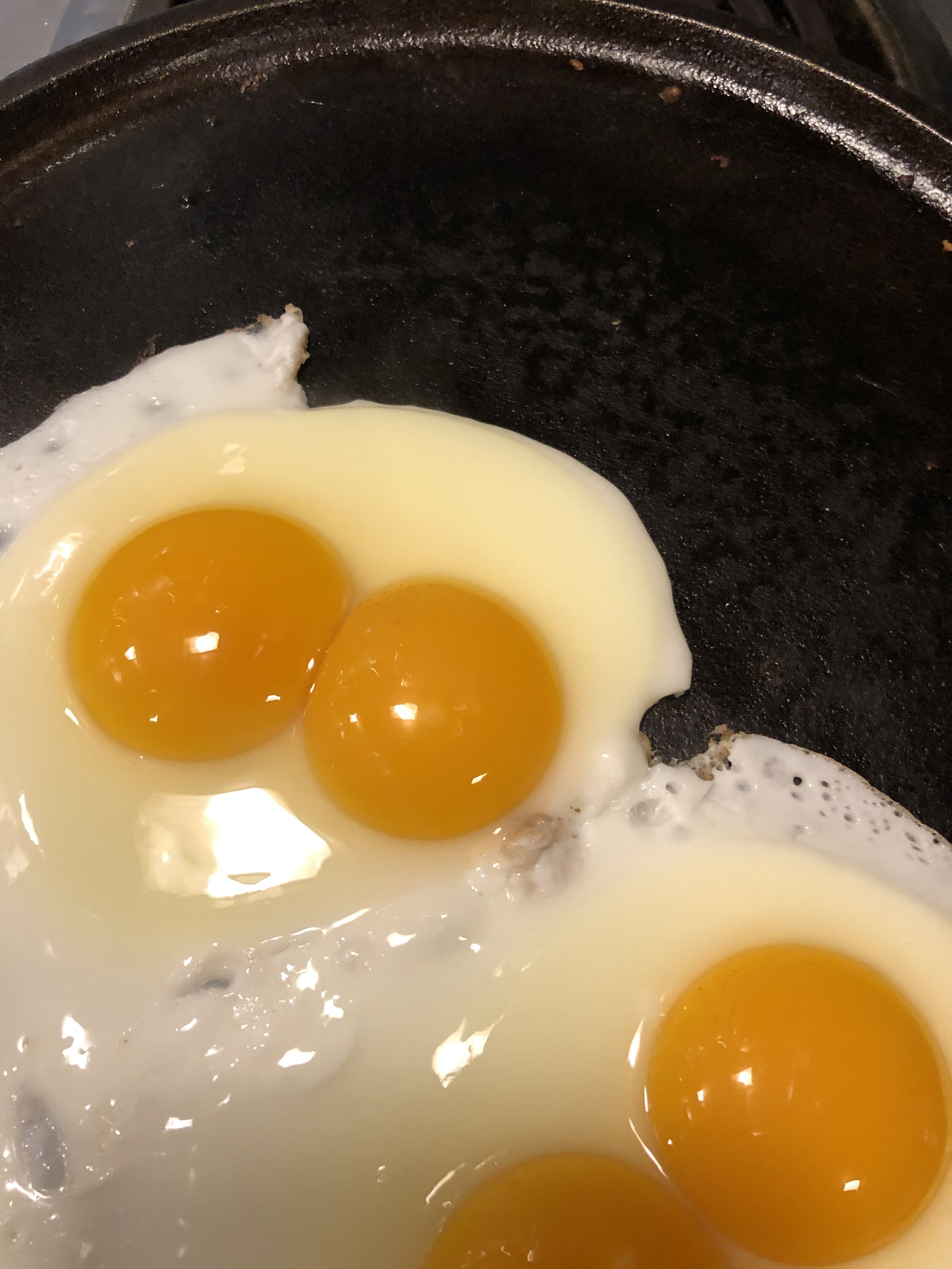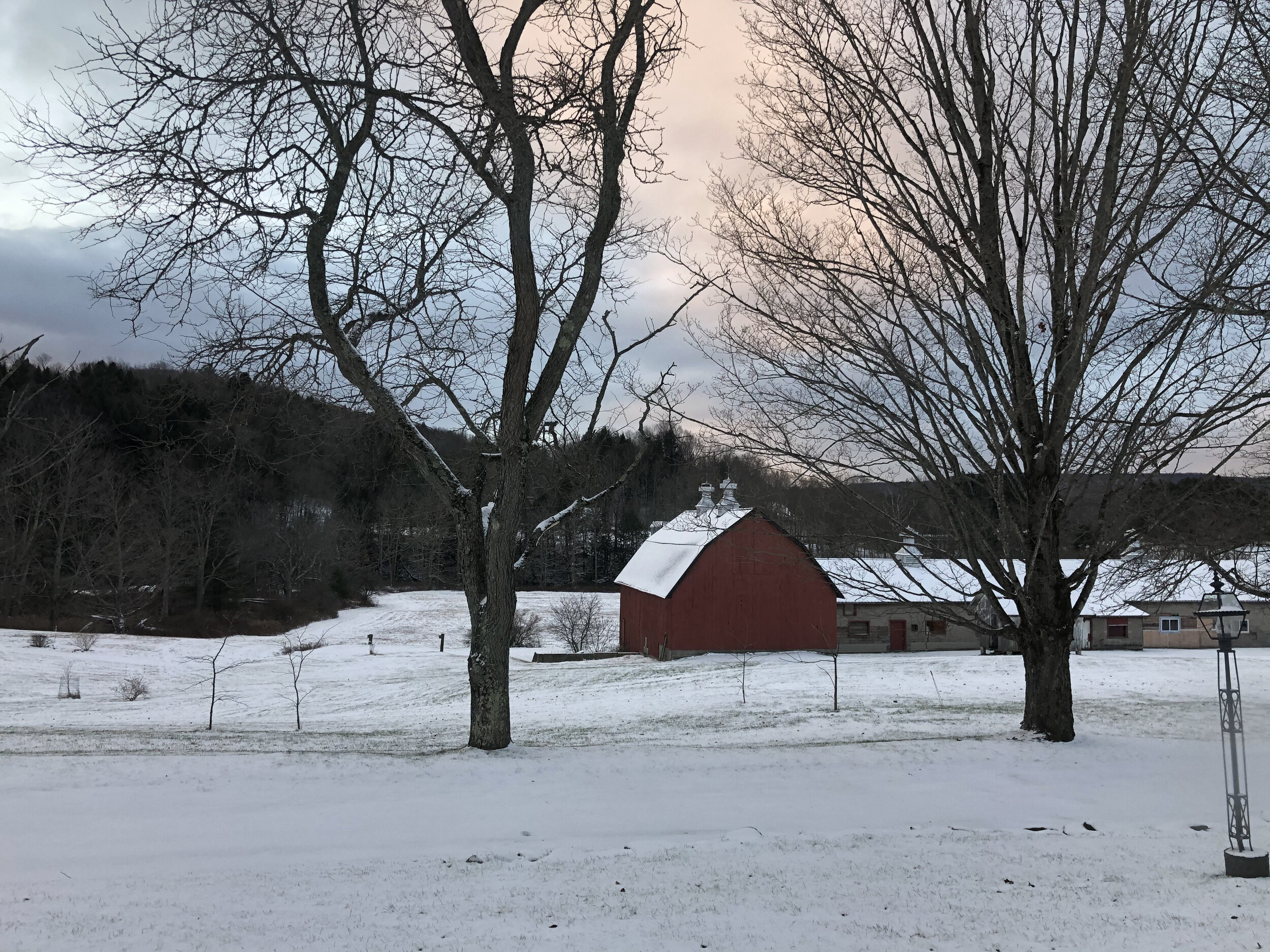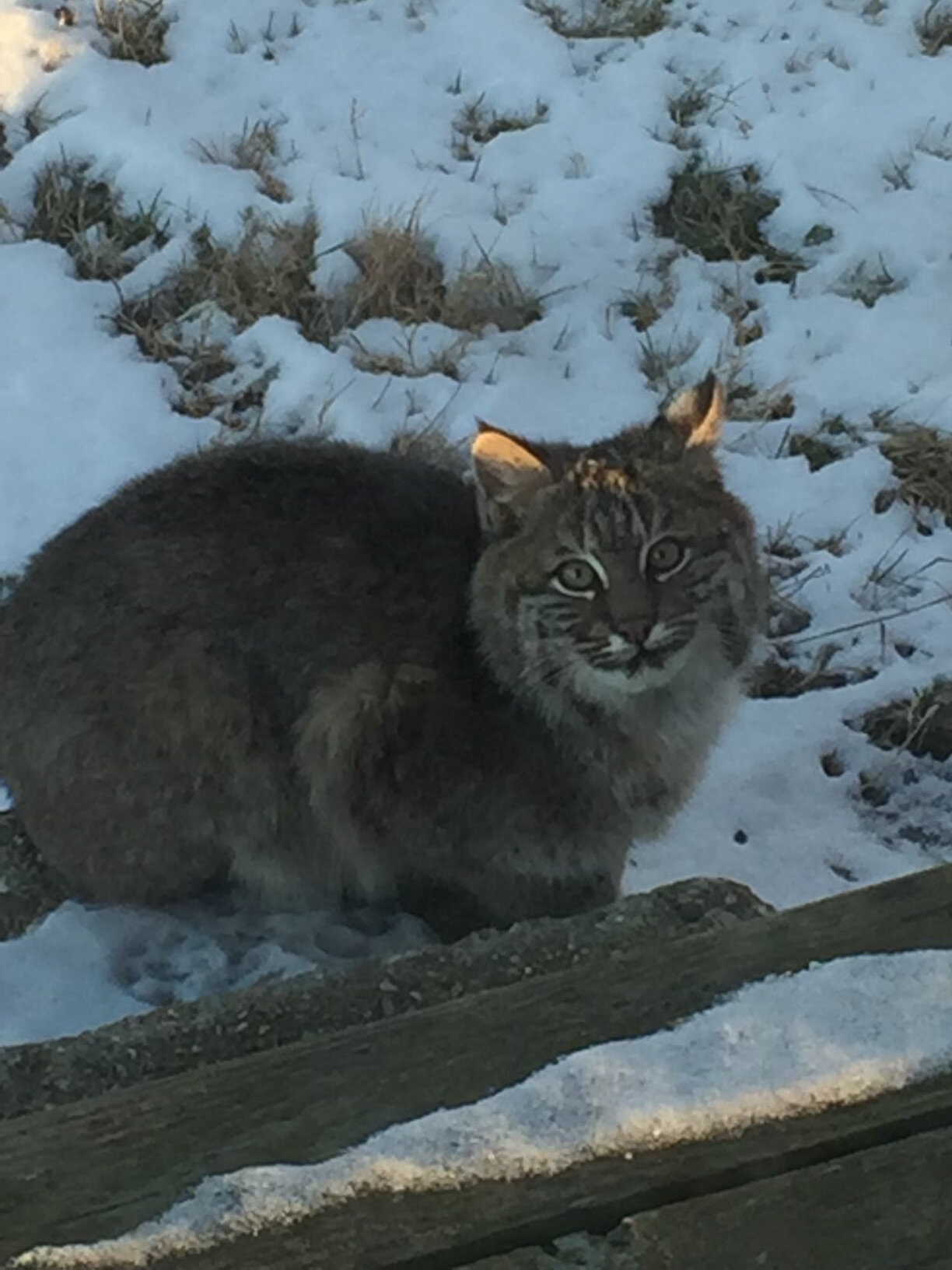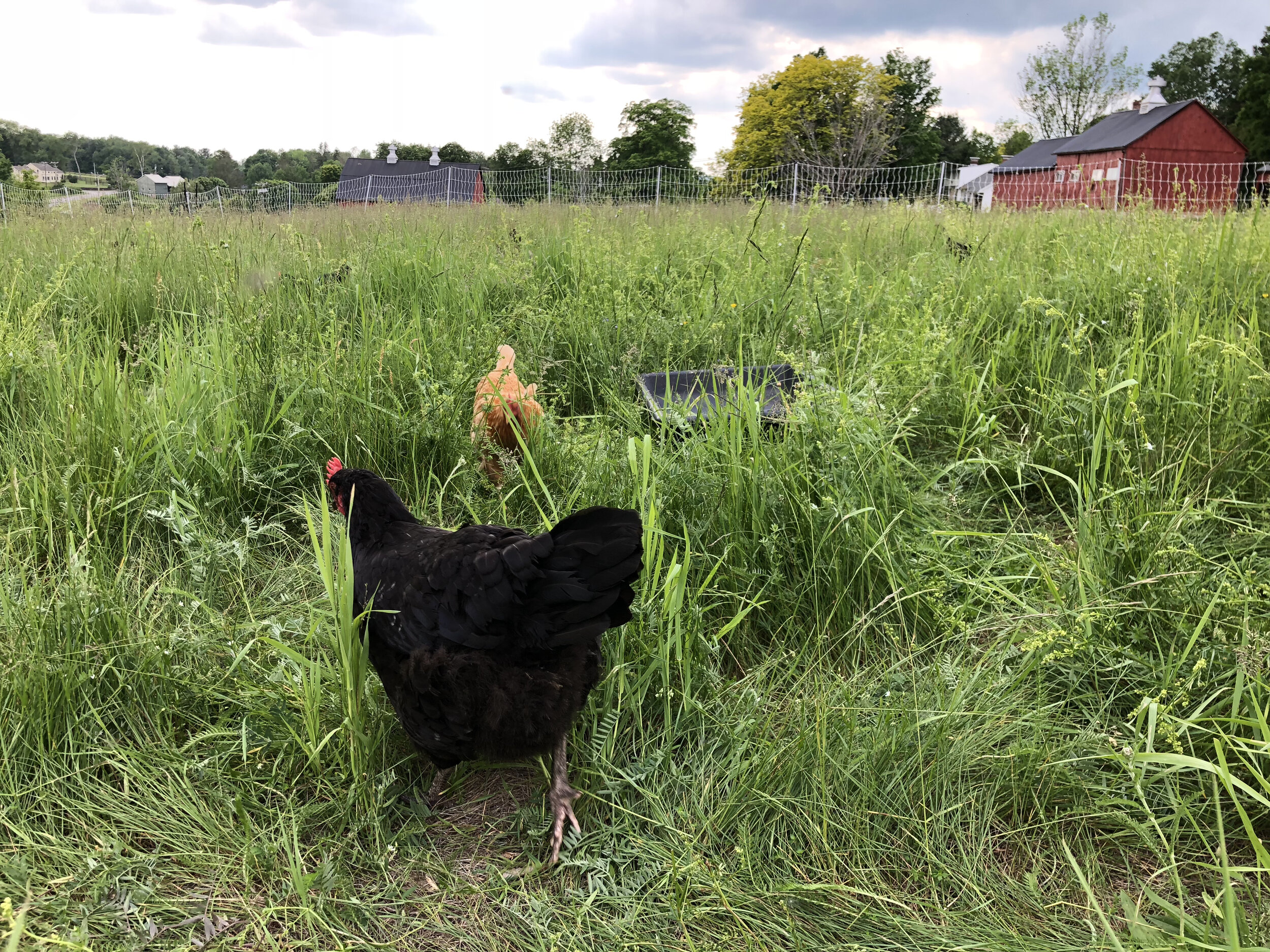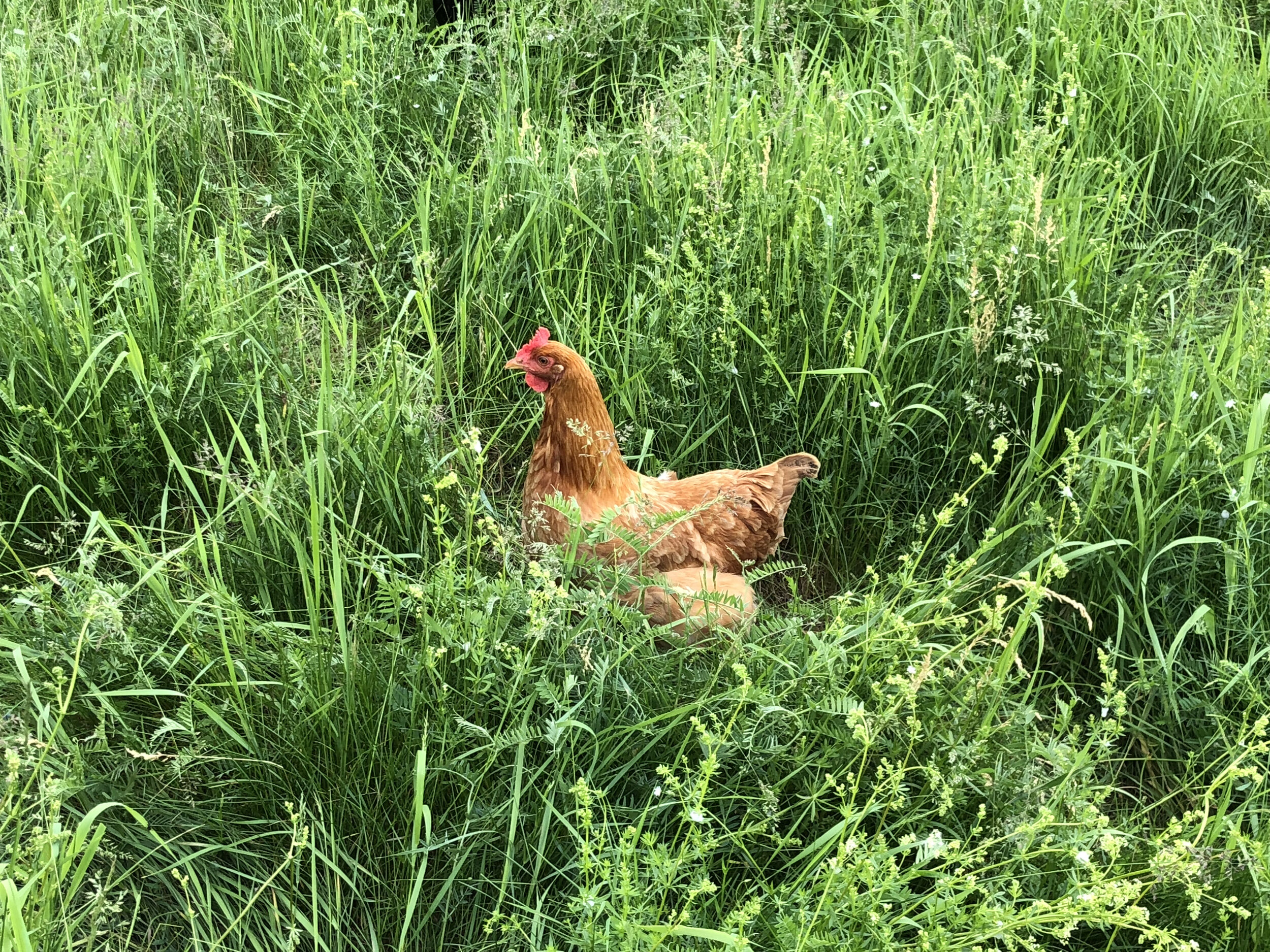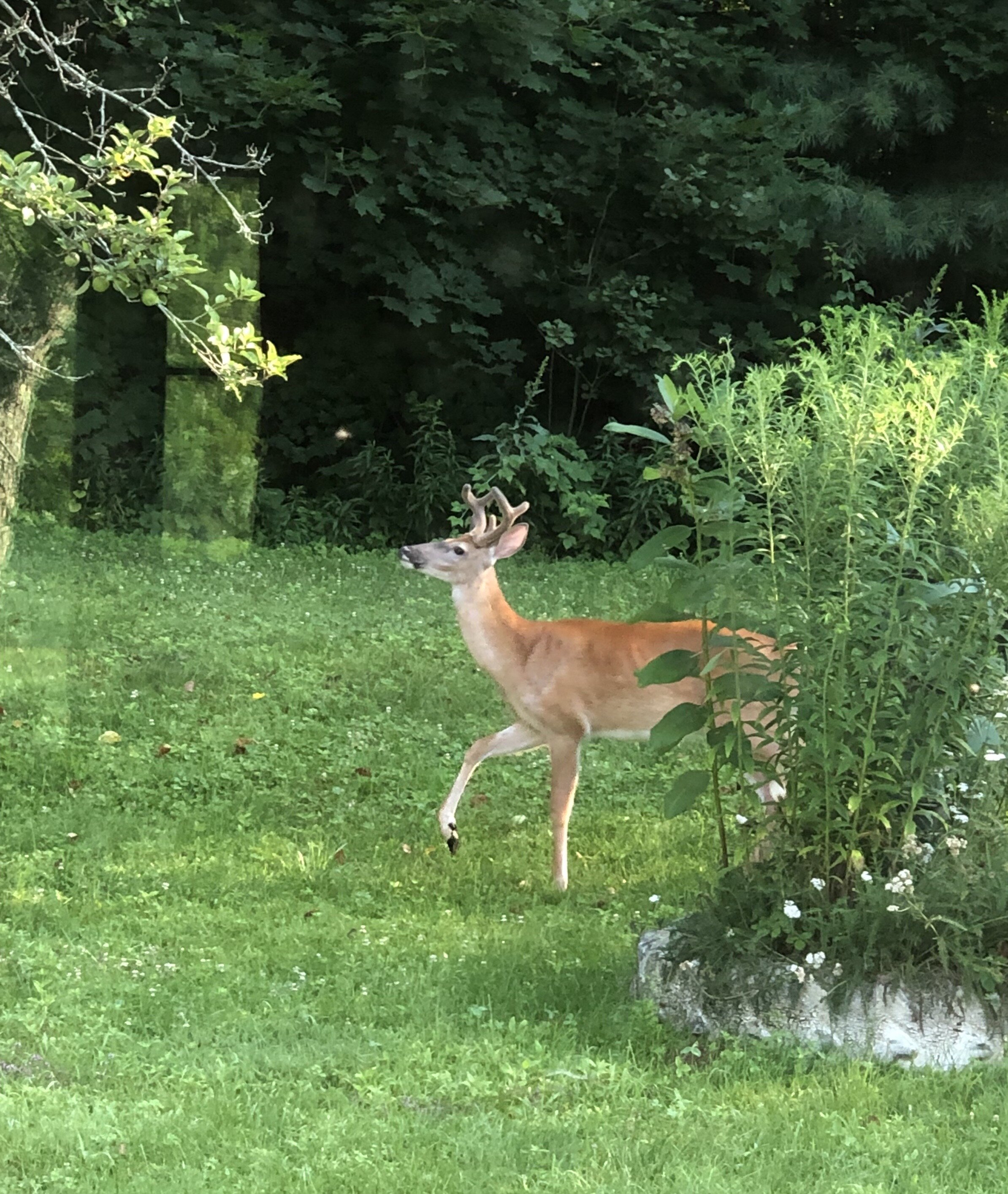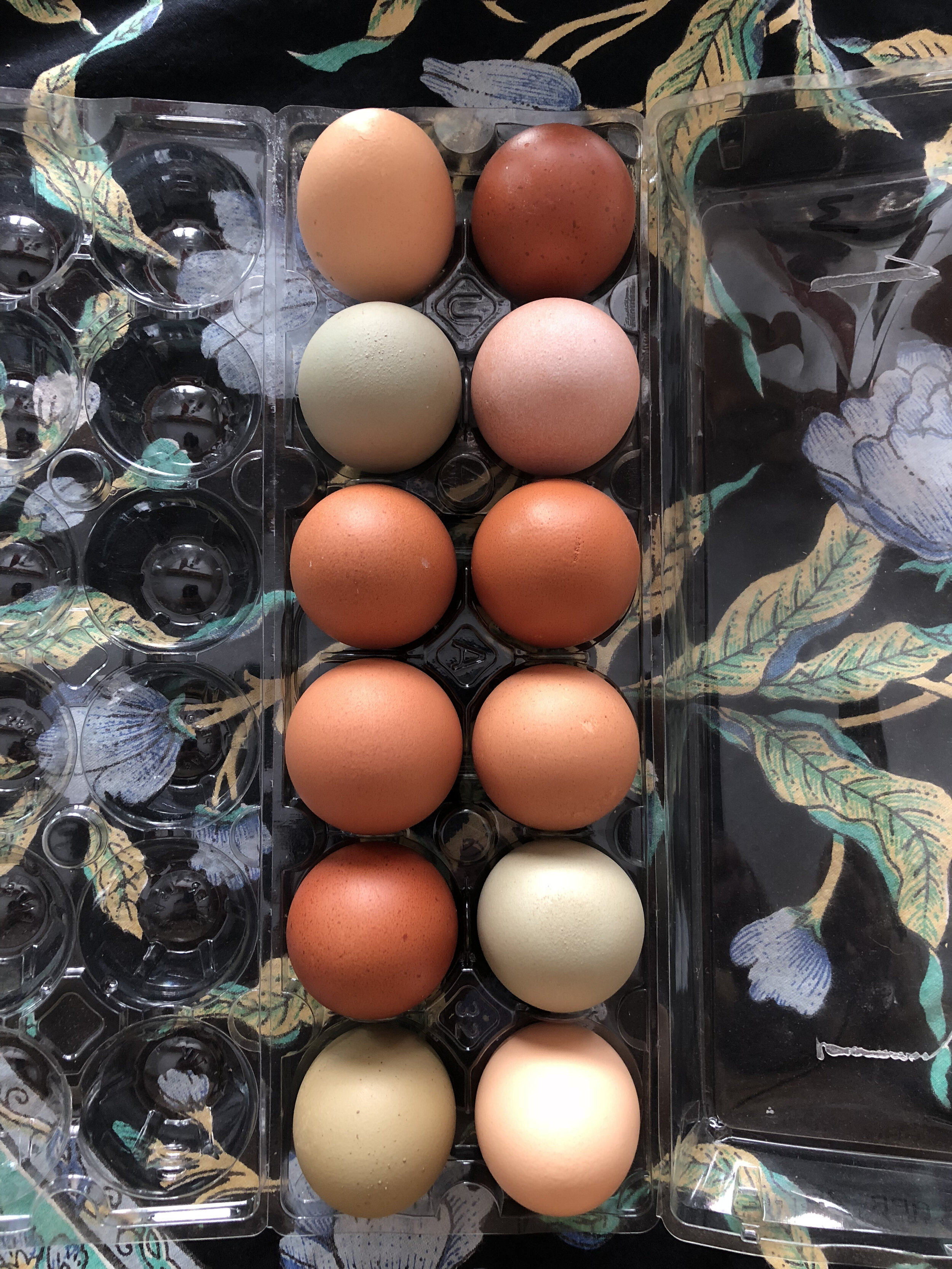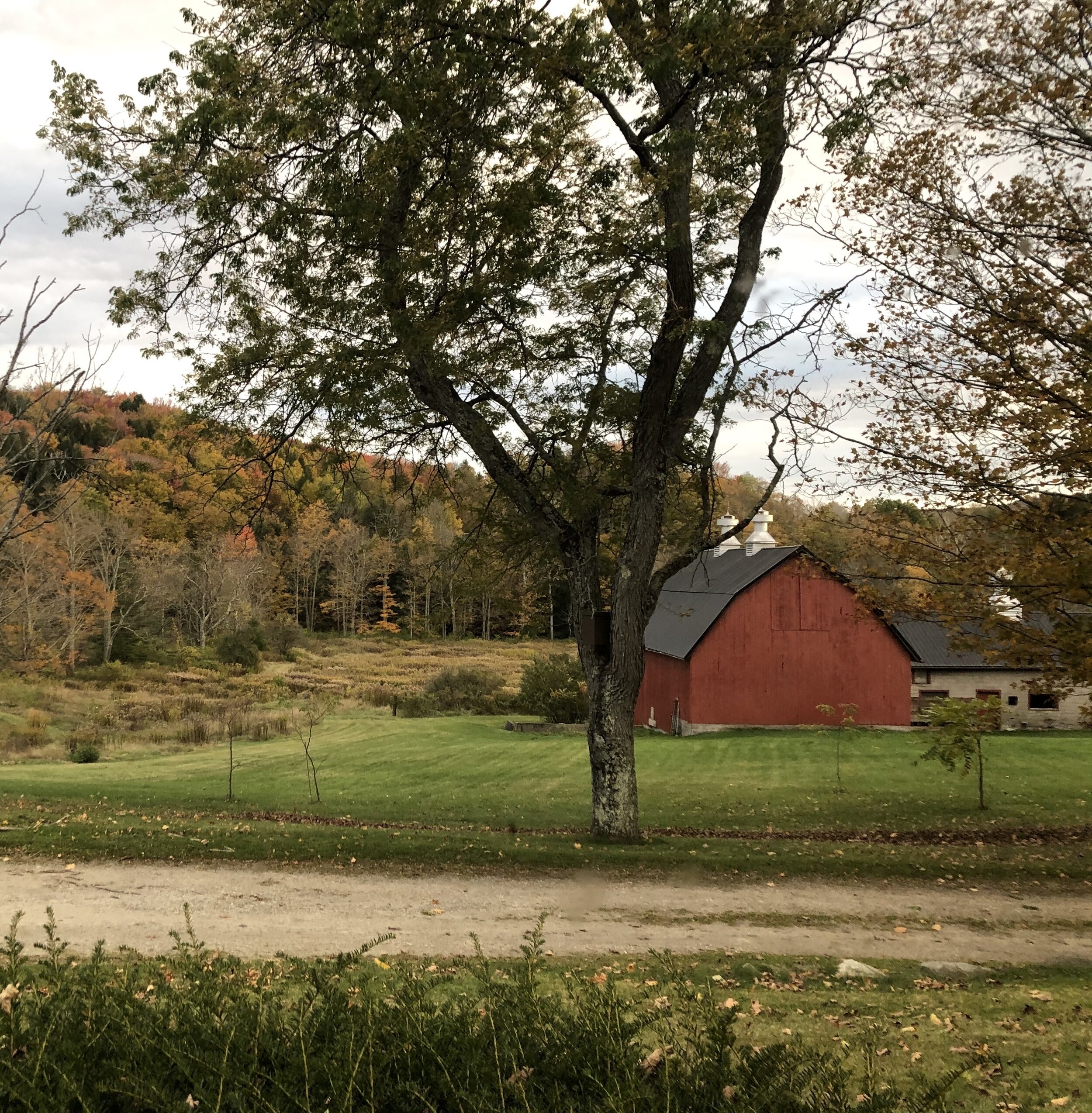
Musante Farm,
est. 1934

We produce superior Northern-raised Honey Bees
Farm Products.
100% Pure Raw Wildflower Honey
Our Berkshire County Honey is NEVER pasteurized because we want to preserve the nutrients and especially the beneficial antioxidants. We prepare and store it in small batches to maintain the unique multi-floral aroma & flavor profiles.
Did you know?
Unpasteurized Honey: will eventually crystalize. The rate will depend upon the flowers the bees foraged on, how much pollen is present in the honey (more=faster crystallization), and storage temperature.
To re-liquify crystalized honey: place the jar in a pot of hot (but not boiling) water. And remember not to overheat the honey because that may destroy some of the nutrients.
To use raw honey in a recipe: the conversion rate is 3/4 cup of honey for every 1 cup of refined sugar called for
According to physicians: infants 12 months of age and younger should not consume honey.
Available for pick-up on the farm.
By law, honey is sold by weight not volume. All sizes are honey weights which is not equivalent to liquid volume.
Delivery for a fee.
1 LB glass jar $15
2 LB glass jar $27
60 LBS in a 5 gallon bucket, call for price
Organic eggs from pastured chickens
Our beloved chicken flock is truly fortunate. We house them in a mobile chicken coop so we can easily move them around our pastures to provide fresh foraging areas for them to explore. They love chasing and digging for insects and eating fresh grass and pasture plants.
Did you know?
Pastured eggs: means that our birds roam freely, munching on their natural foods, including plants and especially insects.
Organic eggs: means that our hens are never treated with hormones and have continual access to organically certified feed.
Studies have shown that pastured eggs are richer in vitamins A and E, and omega-3s
Available for pick-up on the farm $10/dozen
Delivery for a fee
Square Hay Bales
Our hay is available in August and always sells out.
Did you know?
Musante Farm cares about people, flora & fauna, and the environment!
Grassland birds are among the most imperiled group of birds in the United States and are disappearing in the northeastern U.S.(North American Grasslands & Birds Report 2019). This decline is largely due to farmland abandonment (Norment 2002) leading either to urban development or grassland succession to woodland habitat. At the same time the remaining open areas have been subject to heavy increases in hayfield mowing during the weeks that grassland birds are actively nesting.
For grassland species: we participate in Mass Audubon’s Bobolink Project and intentionally delay all mowing, haying and brush hogging activities in order to allow all Grassland Birds to complete their nesting cycles.
For the flora & fauna: we have established official Forest Stewardship and Pollinator Protection Plans that guide us in our agricultural and conservation activities on our farmland.
For the people and wildlife: We placed a permanent Massachusetts Department of Agriculture (MDAR) Agricultural Preservation Restriction (APR) on the majority of our farmland. This restriction ensures the land will remain undeveloped and actively involved in agriculture for perpetuity.
